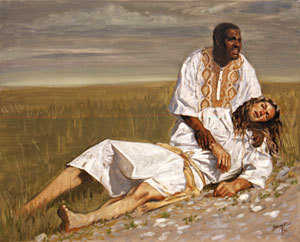THOUGHTS ON IMMUTABLE PRINCIPLES
Though Nature everywhere exhorts us to think of change and diversity as requirements for survival, we humans cling to the familiar when it comes to values. Edicts adopted centuries past continue to dominate our thinking. In the fields of medicine and technology, clinging to old ways would strike us as absurd but when it comes to cultural behavior, our thoughts tend to ossify. “It is the way of our forefather’s” is probably one of the most brain numbing expressions in human language. The question must be asked, “Why should the past dictate to either the present or the future?”
Albert Camus’ central character, Meursault, in his novel “The Stranger” is a figure unable to comply with accepted norms of his society and is executed largely for his failure to cry when his mother dies. Yes, he has killed someone in self defense but the prosecutor hinges his case against Meursault largely on the prisoner’s behavior at his mother’s funeral. He builds a profile of such alienation that the jury comes to see the accused as a monster and issues a decree for his death.

(courtesy: Sawyer)
Critics point out Camus’ novel exposes the absurdity of man’s immutable principles in a universe which is indifferent to any notion of justice or right and wrong. Still as a species destined to live together not all choices can be relative. We must have some common ground. Of the 360 degrees of a compass, we must choose two points to determine the beginning and end of our destiny. But must we be unforgiving of those who choose different points?
Many absolutes come to us as precepts of religion. These ideas are almost impossible to examine objectively. Logic has no argument against belief. But we might bring greater peace to the world if we limited the number of absolutes. I’m inclined to think we need only one:
“Do unto others as you would have others do unto you.”